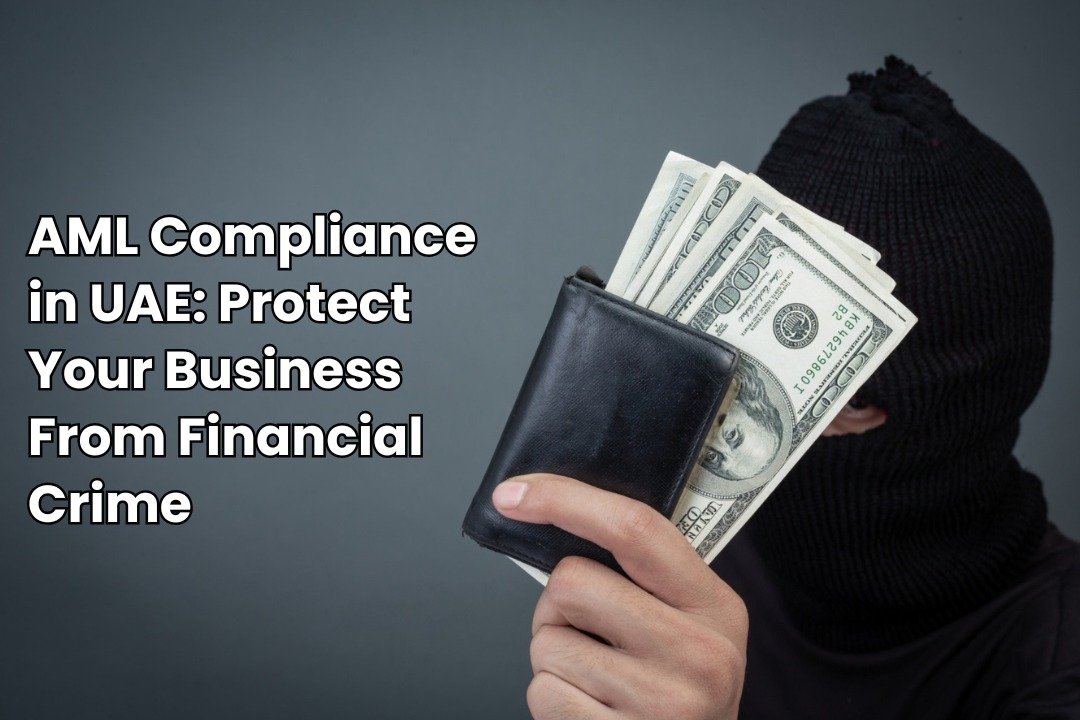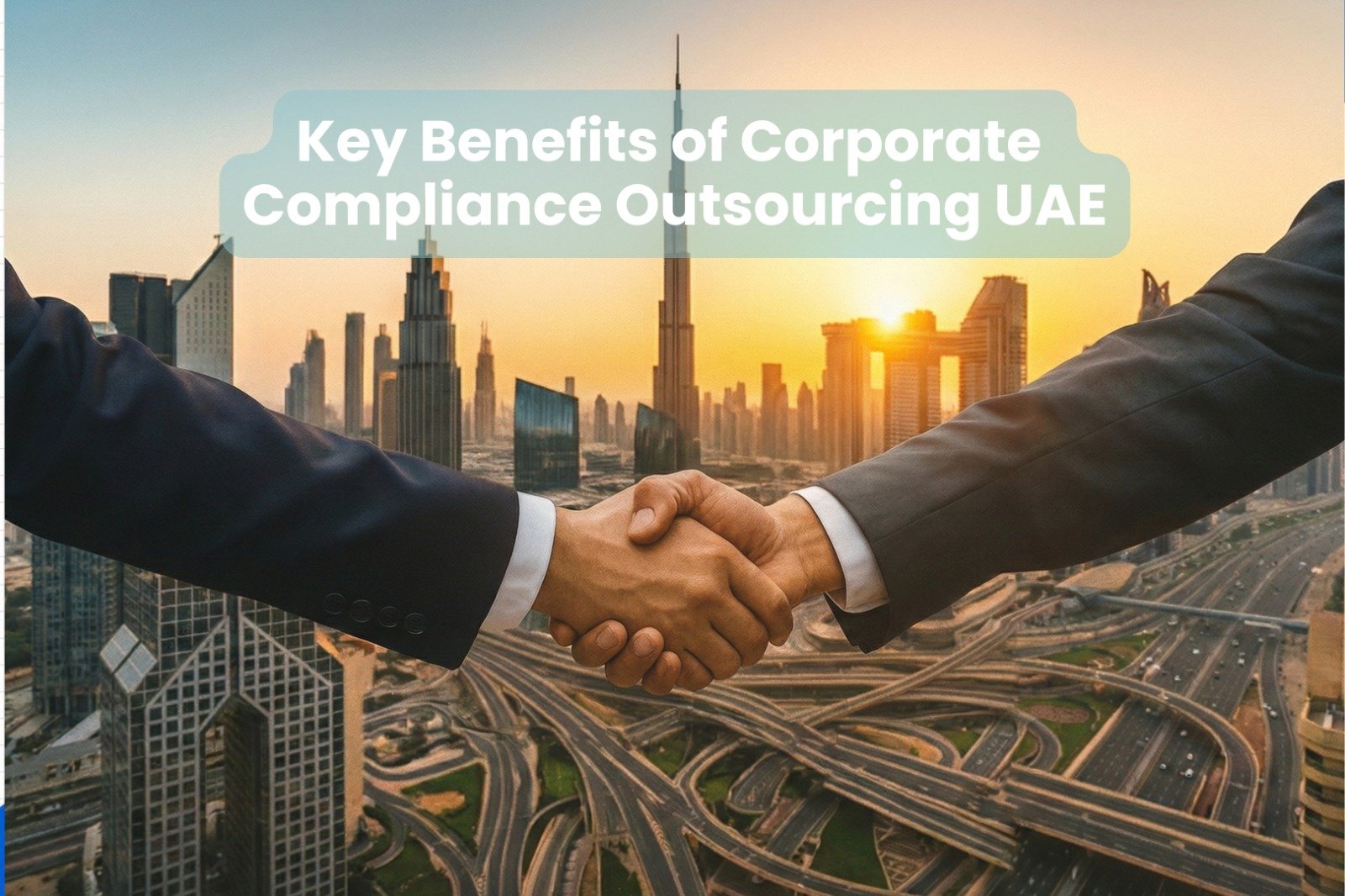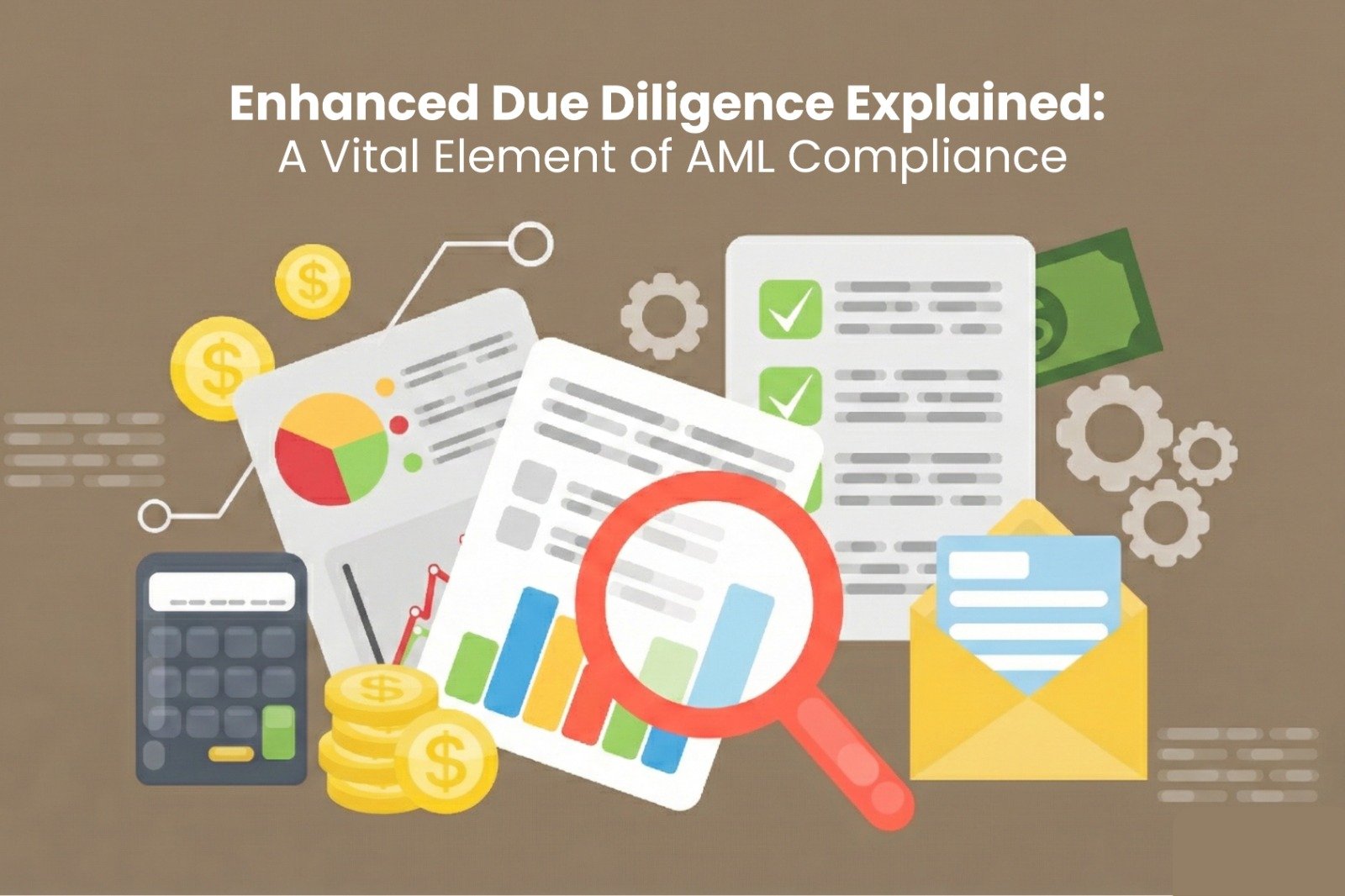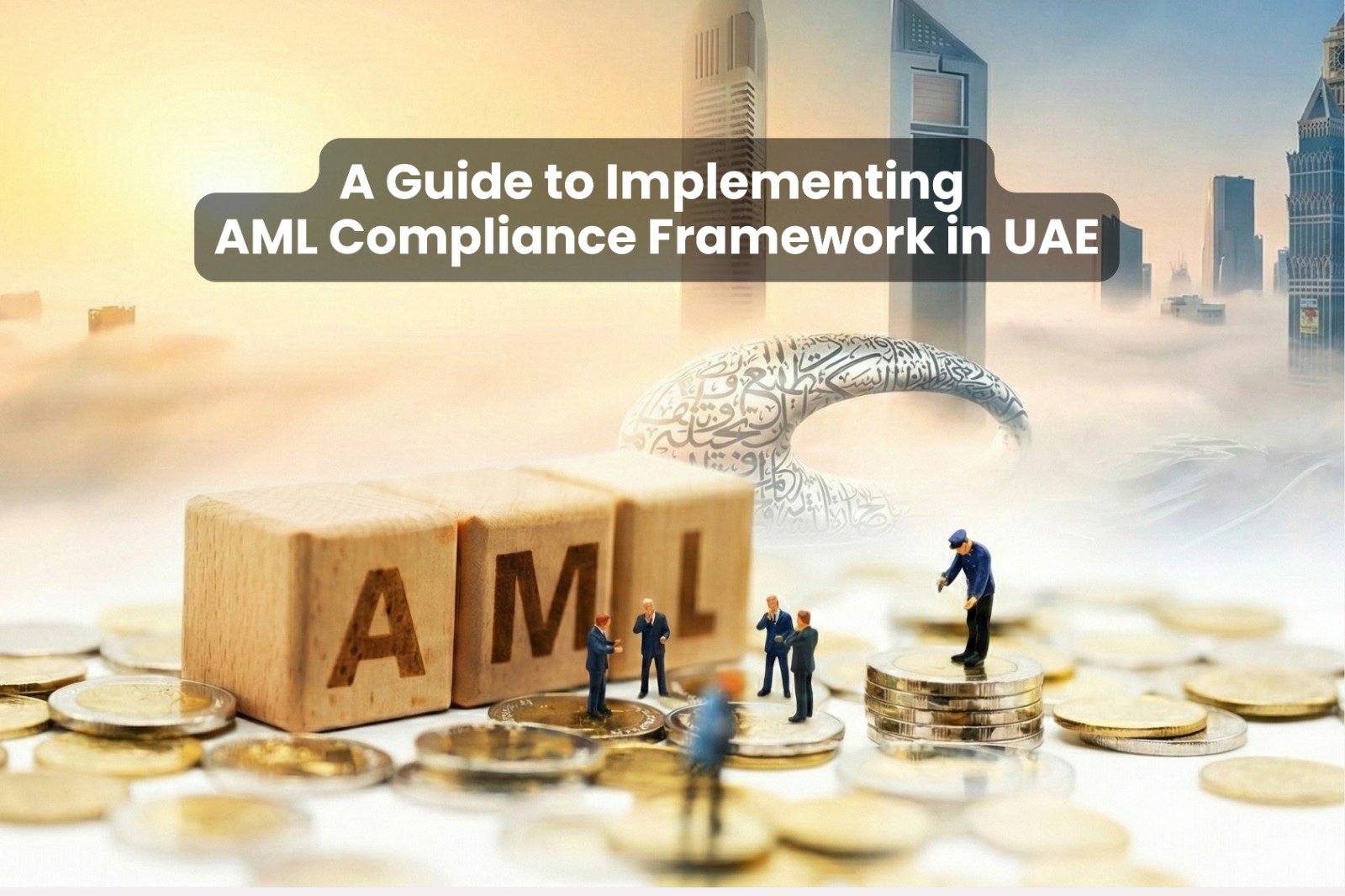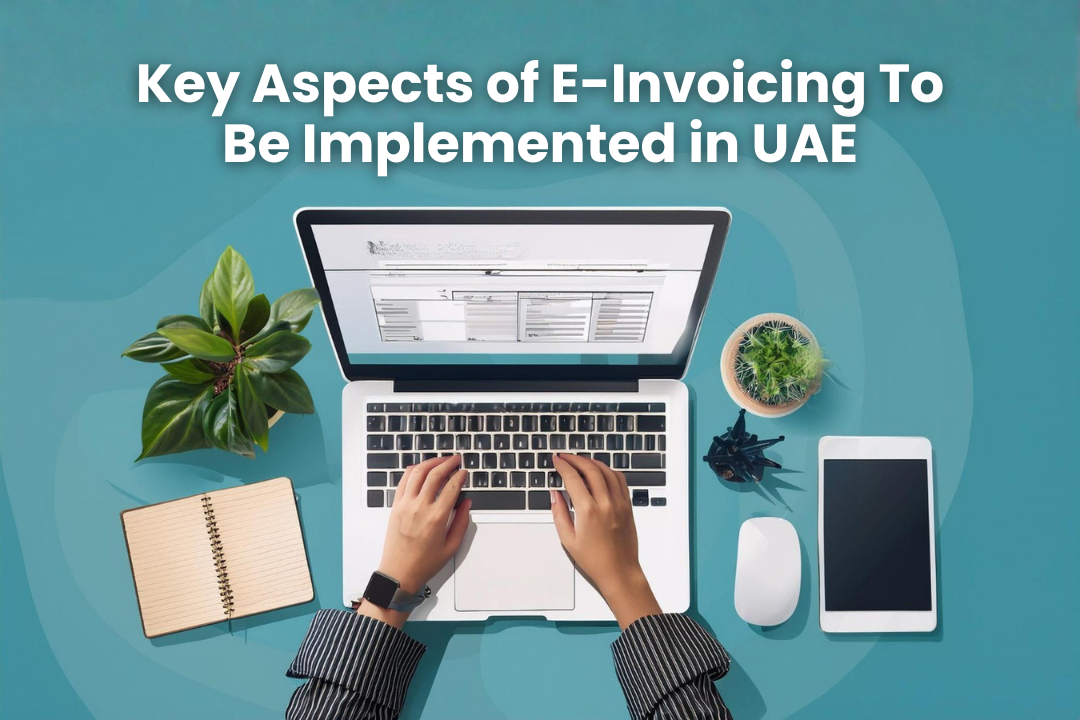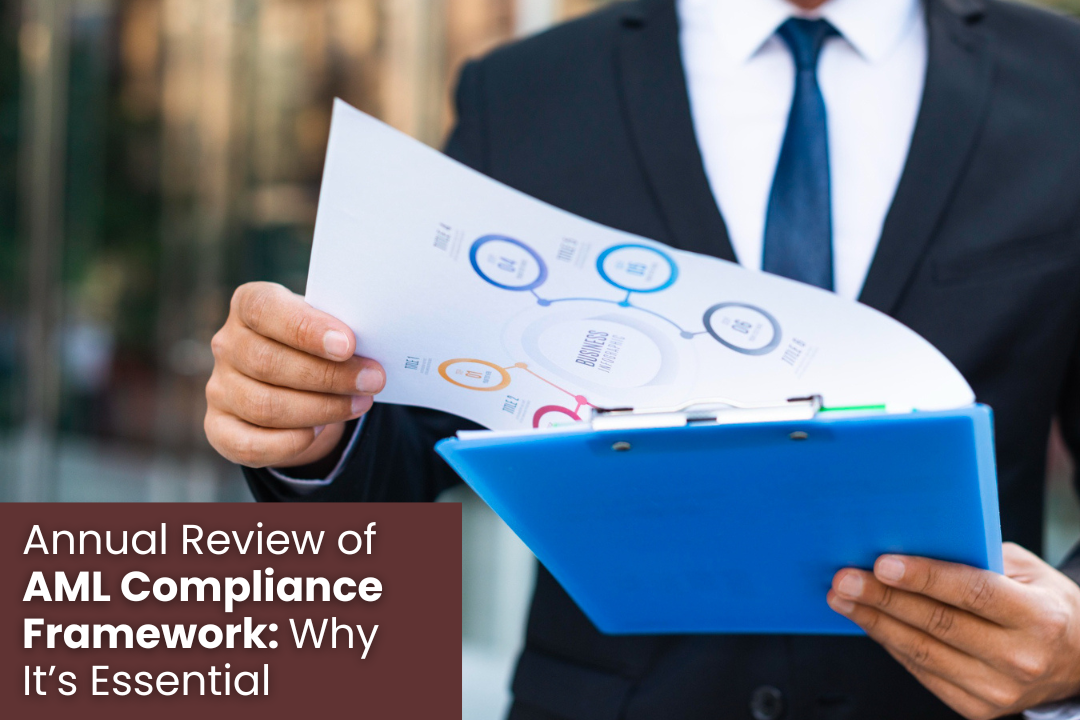In today’s increasingly regulated financial landscape, AML Compliance in UAE has become a critical pillar of risk management for businesses of all sizes. Whether you operate in the finance sector or are a Designated Non-Financial Business or Profession (DNFBP) — such as real estate, accounting, legal, or precious metals — implementing a robust Anti-Money Laundering (AML) Compliance Framework in UAE is no longer optional.
The UAE, a key global trade and financial hub, has intensified its efforts to combat money laundering and terrorist financing, in line with the recommendations of the Financial Action Task Force (FATF). Businesses that fail to align with the evolving AML laws risk facing steep penalties, reputational loss, and even license suspension.
Why AML Compliance in UAE Is a Business Imperative
With the UAE authorities cracking down on financial crimes, AML compliance isn’t just a legal formality—it’s a strategic move that protects your business from exposure to fraud, fines, and operational risks.
Recent enforcement updates:
- In 2023, UAE regulators imposed over AED 76 million in penalties on non-compliant DNFBPs.
- The Ministry of Economy and Financial Intelligence Unit (FIU) have increased inspections and audits for both local and foreign businesses.
- KYC (Know Your Customer) and transaction monitoring requirements have been enhanced to ensure transparent financial operations.
Key Components of AML Compliance Framework in UAE
To establish effective financial crime compliance in UAE, businesses must implement the following core elements:
1. Customer Due Diligence (CDD) & KYC Compliance in UAE
All businesses must verify the identity of their clients, assess risk levels, and conduct Enhanced Due Diligence (EDD) for high-risk customers. This ensures that companies know exactly who they are doing business with and reduces exposure to shell companies or illicit networks.
2. Suspicious Transaction Monitoring & Reporting
Entities must monitor transactions for unusual behavior or red flags and report Suspicious Transaction Reports (STRs) via the goAML portal. Delays or failure to report can result in regulatory scrutiny and penalties.
3. Internal Policies and Risk-Based Approach
Businesses are expected to adopt an internal AML risk assessment policy, identify vulnerable areas, and tailor controls based on client type, geographic location, and service offerings.
4. AML Compliance Audit in UAE
Periodic AML audits help businesses assess gaps in compliance, test the effectiveness of their controls, and prepare for official inspections. These audits also ensure your AML documentation is up-to-date and accurately reflects your current operations.
5. Training and Awareness
Employees must be trained regularly to recognize suspicious activity, understand reporting protocols, and stay updated on UAE’s evolving AML laws and international guidelines.
Risks of Non-Compliance with AML Laws
Failure to comply with UAE AML regulations can lead to:
- Administrative penalties up to AED 1 million
- Business license suspension or blacklisting
- Reputational damage that deters investors and partners
- Increased regulatory audits and possible legal consequences
Best Practices for Strengthening AML Compliance
Achieving AML compliance isn’t just about meeting legal obligations—it’s about building a strong defense against financial crime. As regulations in the UAE continue to evolve, businesses must adopt proactive and practical strategies to stay ahead. The following best practices for strengthening AML compliance can help organizations create a more resilient compliance framework, reduce risk exposure, and foster a culture of accountability across all levels.
- Conduct a detailed AML risk assessment of your operations
- Update KYC processes and documentation regularly
- Appoint a Compliance Officer responsible for AML oversight
- Invest in AML technology solutions for automated transaction monitoring
- Engage in external AML Compliance Audits in UAE to identify risks early
These proactive steps not only help you stay compliant but also build trust with stakeholders, regulators, and financial institutions.
Who Needs AML Compliance in UAE?
AML regulations apply to a wide range of businesses including:
- Financial institutions (banks, exchange houses)
- DNFBPs (real estate agents, gold/jewelry dealers, auditors, lawyers)
- Virtual Asset Service Providers (VASPs)
- Trust and corporate service providers
If your business falls into any of these categories, compliance is mandatory under Federal Decree-Law No. (20) of 2018 and Cabinet Decision No. (10) of 2019.
Conclusion
Staying ahead of AML Compliance in UAE is essential for protecting your business from the growing threats of financial crime and ensuring long-term success in a regulated environment. Whether you’re strengthening existing controls or building a compliance program from scratch, expert guidance is vital. Auditac International, based in Dubai and Abu Dhabi, offers end-to-end support including KYC compliance in UAE, AML audits, policy documentation, staff training, and full AML Compliance Framework implementation. With a deep understanding of UAE regulations and global best practices, Auditac helps businesses stay compliant, confident, and future-ready.
